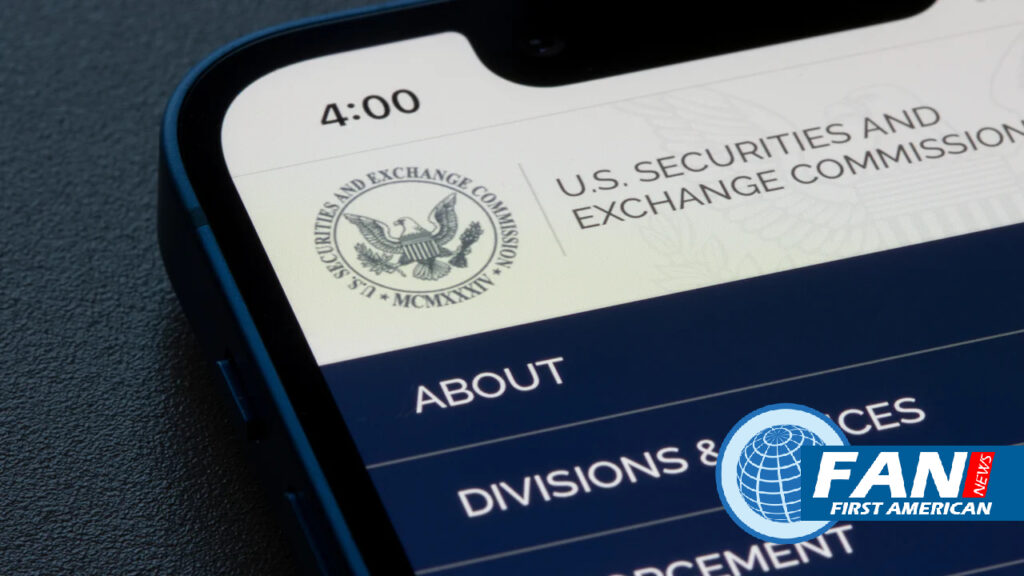Markets
Brittex Crypto Exchange Has Been Sued by The SEC according to WSJ Print Edition
WSJ News said, the assessment charges, proposed in December, will help the New York regulator bring in additional resources and hire more staff to expand its virtual currency unit, the agency said.
The NYDFS has beefed up its digital asset unit staffing over the past year, Superintendent Adrienne A. Harris said recently at a crypto industry conference. She said the crypto unit now employs more than 50 people.
The assessment fees will in part be based on a formula of a crypto firm’s size and complexity, Ms. Harris said at the conference. The assessment, she said, will ultimately “go a long way toward helping the space grow and helping make sure it grows safely.”
“When you can work hand-in-hand with your regulator and your examiners, we can help identify issues early before they metastasize, and it is a service that we can provide to the industry and it helps us as regulators better oversee the markets and protect consumers,” Ms. Harris said at the Links NYC conference hosted by blockchain analytics firm Chainalysis Inc. earlier this month.
Get Wall Street Journal 2-Year Print Subscription for $480
The NYDFS adopted its virtual currency regulatory regime, known as Bitlicense, in June 2015, and was one of the first agencies in the country to do so. The licensing requirements, modeled after its banking supervision requirements, ask crypto businesses to meet certain standards for capitalization, cybersecurity protection, and anti-money-laundering protocols, among others.
The regulation at the time didn’t include a provision for assessment costs, the NYDFS said. The agency said it has done the research and met extensively with industry stakeholders to inform the new regulation before adopting it.
Each crypto firm will be billed five times for a fiscal year, four estimated quarterly assessments, and one true-up based on the firm’s actual expenses for the year, the new regulation said to WSJ News. The regulation also coincides with the beginning of New York State’s fiscal year, which begins April 1 and ends March 31 each year.

